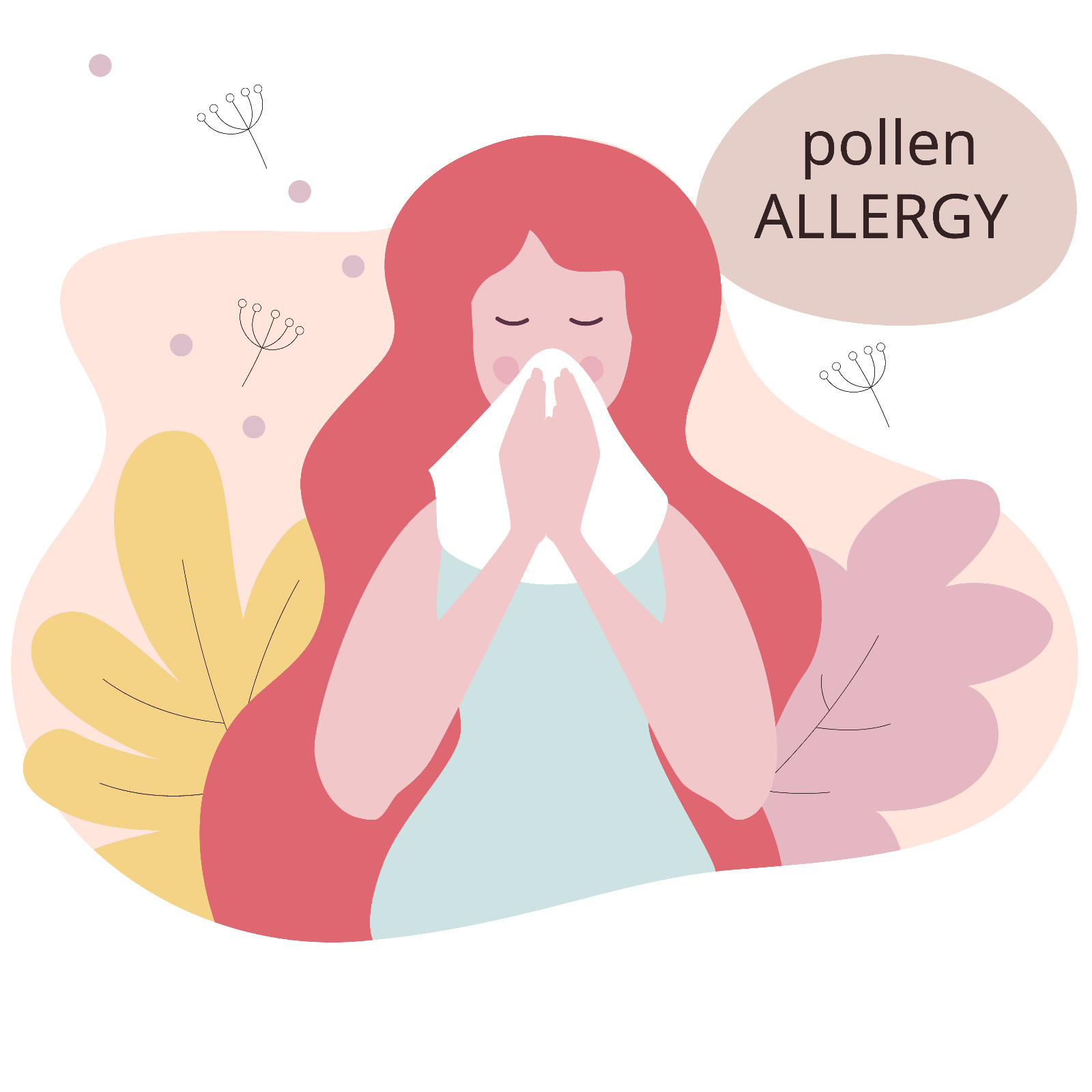Seasonal Allergies and its Impact on Health
What are Seasonal Allergies?
Seasonal allergies, also known as hay fever or allergic rhinitis, are allergic reactions that occur at specific times of the year when certain allergens are more prevalent in the environment. These allergies are primarily caused by airborne substances such as pollen from trees, grasses, and weeds, as well as mold spores. When these allergens are inhaled by sensitive individuals, their immune system mistakenly identifies them as harmful, triggering a series of allergic reactions.
Common Triggers of Seasonal Allergies
Hay fever occurs when your immune system mistakenly identifies a typically harmless airborne substance as a threat. In response to this allergen, it releases histamines and other chemicals into your bloodstream, causing allergic reaction symptoms.
The triggers of hay fever can change with each season. [1]
Spring
Trees are responsible for most springtime seasonal allergies. Trees such as oak, birch, cedar, and maple release pollen in the spring, causing widespread allergic reactions. [1]
Summer
Hay fever derives its name from the hay-cutting season, which typically occurs during the summer months. Grass pollen, including from species like ryegrass, timothy, as well as certain weeds are major allergens in the summer months. [1]
Fall
Autumn marks the season for ragweed, which belongs to the genus Ambrosia and encompasses over 40 species globally. Ragweed pollen is a prevalent allergen, often causing particularly severe allergy symptoms. [1]
Winter
During winter, most outdoor allergens become inactive, providing relief to many hay fever sufferers. However, if you have seasonal allergies, you might still react to indoor allergens like mold, pet dander, dust mites, or cockroaches. [1]
Common Triggers of Seasonal Allergies
The symptoms of seasonal allergies can vary from mild to severe. The most frequent symptoms include: [1]
- sneezing
- runny or stuffy nose
- watery and itchy eyes
- itchy sinuses, throat, or ear canals
- ear congestion
- postnasal drainage
Less common symptoms include: [1]
Impact of Seasonal Allergies on Health
- Quality of Life:
- Persistent symptoms can interfere with daily activities, causing discomfort and reducing overall quality of life.
- Productivity:
- Reduced concentration and productivity at work or school due to symptoms and difficulty sleeping due to nasal congestion and coughing.
- Complications:
- Increased risk of sinus infections due to prolonged nasal congestion.
- Worsening of asthma symptoms in individuals with both asthma and allergies.
- Development of secondary infections, such as ear infections, particularly in children.
- Mental Health:
- Chronic symptoms can lead to stress, anxiety, and depression due to constant discomfort and impact on daily life.
Seasonal allergies can have a profound impact on health, affecting both physical and mental well-being. By understanding the common triggers and implementing effective management strategies, individuals can alleviate symptoms and improve their quality of life. If you experience severe or persistent symptoms, it is important to consult with a healthcare professional for personalized treatment and advice.
[1] https://www.healthline.com/health/allergies/seasonal-allergies#symptoms

